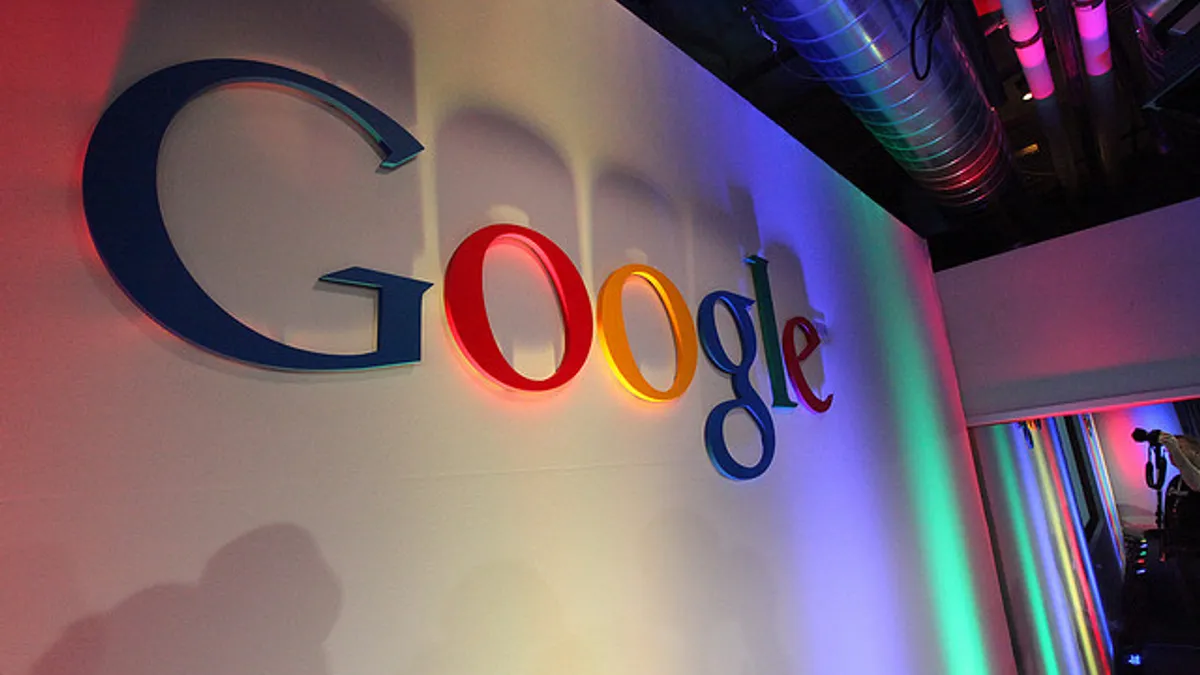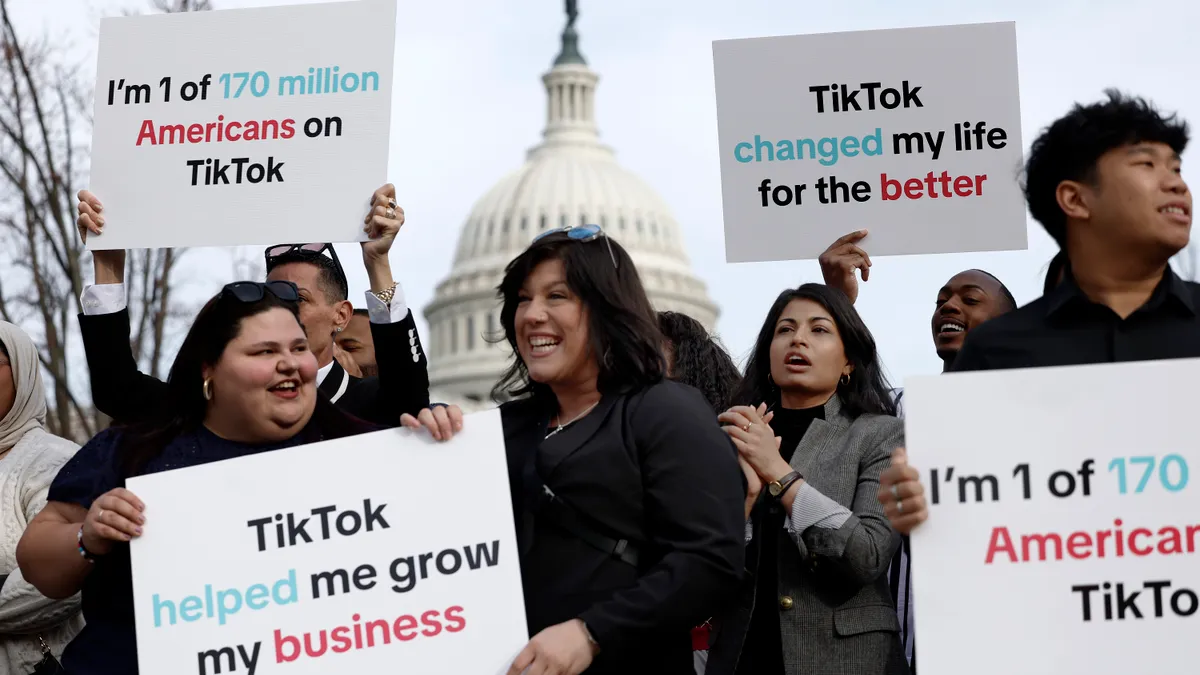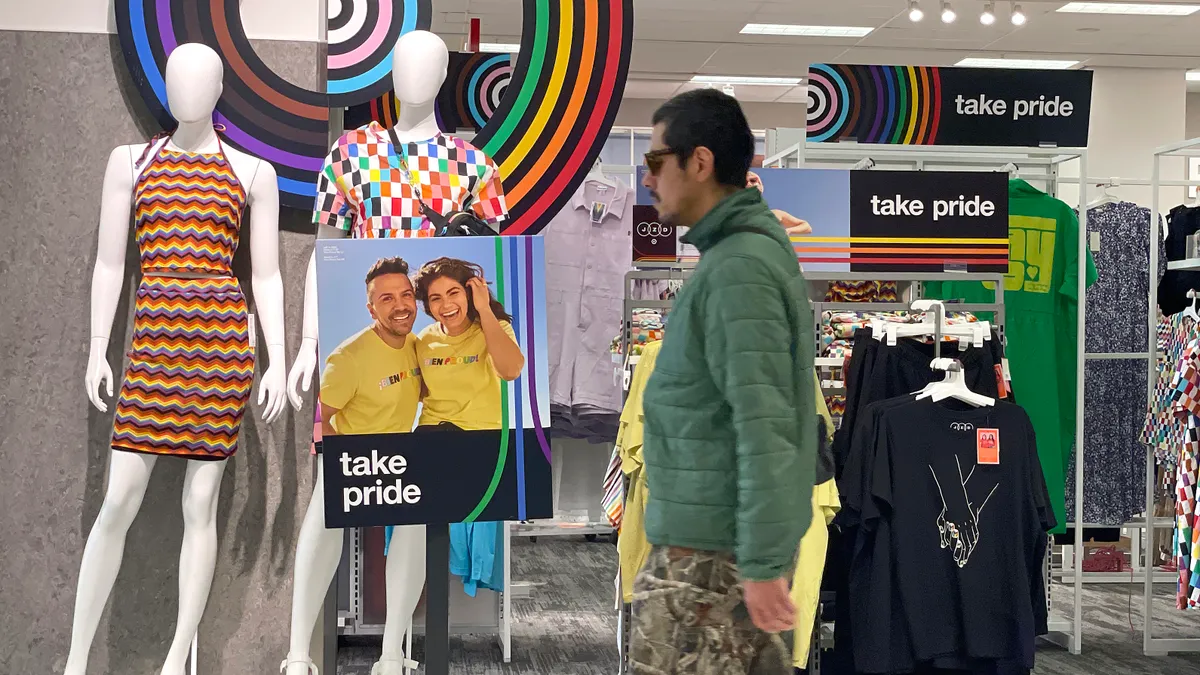Dive Brief:
- AT&T, Verizon, Johnson & Johnson and other major U.S. companies are pulling their advertisements from Google and Google's YouTube video portal over issues with the platforms' brand safety assurances, according to USA Today and a number of other media outlets. Ads have continued to appear alongside extremist content featuring terrorists, hate speech and acts of violence, especially on YouTube.
- Last week, Havas Worldwide, the world's sixth-largest ad holding group, halted all of its Google ad spend in the U.K., joining the U.K. government, major media organizations like The Guardian and the BBC and brands including Marks & Spencer.
- On Tuesday, Google apologized for its failures to ensure brand safety and said it was enacting a tougher stance on offensive content and ads appearing next to illegitimate creators on YouTube. The tech company suggested it would provide new tools to advertisers and is hiring "significant numbers" of people to bolster the content review process.
Dive Insight:
While Google's brand safety backlash initially appeared contained to the U.K. and European ad market, the announcements from major U.S. brands indicate it's spreading quickly, which might spur the company to take more significant action or enact broader policy reviews.
Earlier this week, Pivotal Research Group analyst Brian Wieser, writing in an investor note that downgraded Google parent Alphabet's stock, suggested that the movement against Google would have global repercussions, with those forecasts coming true perhaps faster than expected.
Google is the world's largest digital advertising platform. Research from industry bellwether eMarketer suggests the company will command 40.7% of all U.S. digital ad revenue this year, with dominance in key areas like search and display advertising continuing to grow. If more advertisers — and especially U.S.-based advertisers — continue to put a freeze on Google spending, however, those prospects could be damaged, perhaps considerably.
Though Google has promised to introduce more tools for advertisers and admitted it doesn't always get things right, some critics have viewed its reactive measures as inadequate for addressing what's clearly an industry-wide problem.
Matt Brittin, Google's head in Europe, was recently given several chances to state his company would actively seek out extremist content rather than solely investigating content flagged by users as inappropriate, but declined to commit to such a policy.









